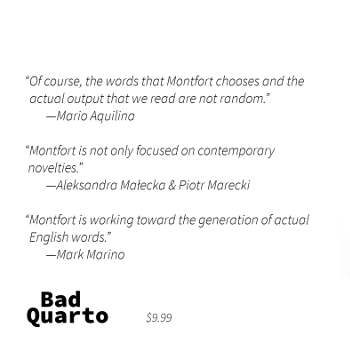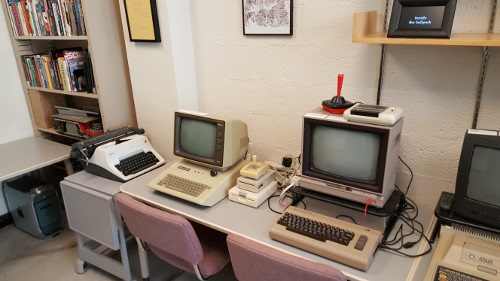All the Way for the Win
All the Way for the Win was just published by Penteract Press — today! It’s available for sale from their online store.
This book of poetry begins by narrating the birth of the universe and concludes after describing the eradication of the last human-authored poetic text.
While it doesn’t deal with everything in between, it’s mean to touch on many aspects of human history and experience.
The poems in the book consist entirely of three-letter words.
Six of the poems from it were published at the very end of 2024 in DIAGRAM.
The book has received two great endorsements:








